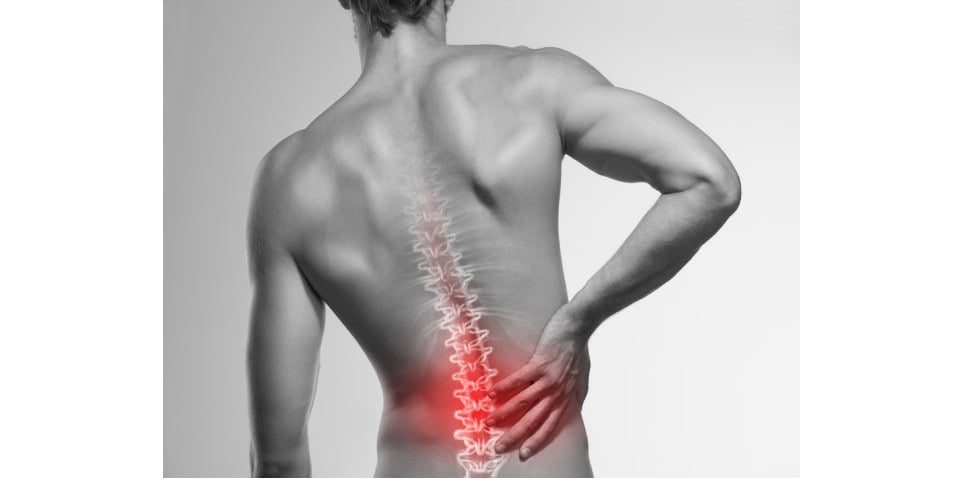The cost musculoskeletal disorders, such as osteoarthritis and back pain, is higher than any other disease, condition or injury in Australia, according to a new report from the Australian Institute of Health and Welfare (AIHW).
The report, Disease expenditure in Australia 2018-19, looks at how $136 billion was spent across the health system in 2018–19. This represented 73% of recurrent health spending ($185 billion).
Although the reminder (27%) is unable to be attributed to specific diseases or injuries largely due to data limitations, the report does provide an analysis of where health spending is directed in terms of the conditions and diseases that attract the spending, whether the spending occurs in or outside hospitals and which age groups attract the most spending.
“Overall, musculoskeletal disorders attracted the most spending at $14 billion, followed by cardiovascular diseases ($11.8 billion), cancer and other neoplasms ($11.8 billion), and mental and substance use disorders ($10.5 billion),” says AIHW spokesperson Dr Adrian Webster.
For admitted patients in public hospitals, cardiovascular diseases accounted for $4.4 billion in spending, followed by injury and gastrointestinal disorders at $3.8 billion each.
In private hospitals, the disease groups with the highest spending were musculoskeletal disorders ($4.9 billion), cardiovascular diseases ($2.5 billion) and cancer and other neoplasms ($2.5 billion).
In primary health care settings, oral disorders accounted for $7.8 billion in spending, followed by mental and substance use disorders ($4.2 billion), and cancer and other neoplasms ($3.7 billion).
“As we age, spending on our health generally increases – the highest spending was for those aged 70–74 and the lowest for those aged 5–9 years,” says Dr Webster.
“For males, the bulk of spending tends to occur later in life. However, spending for females between the ages of 20 to 45 is substantially higher than for males, largely due to spending on birth and reproduction related conditions.”
This report together with data from the Australian Burden of Disease Study 2018 – Key findings represent a rich resource for understanding the relationships between disease burden, population ageing and health spending.








